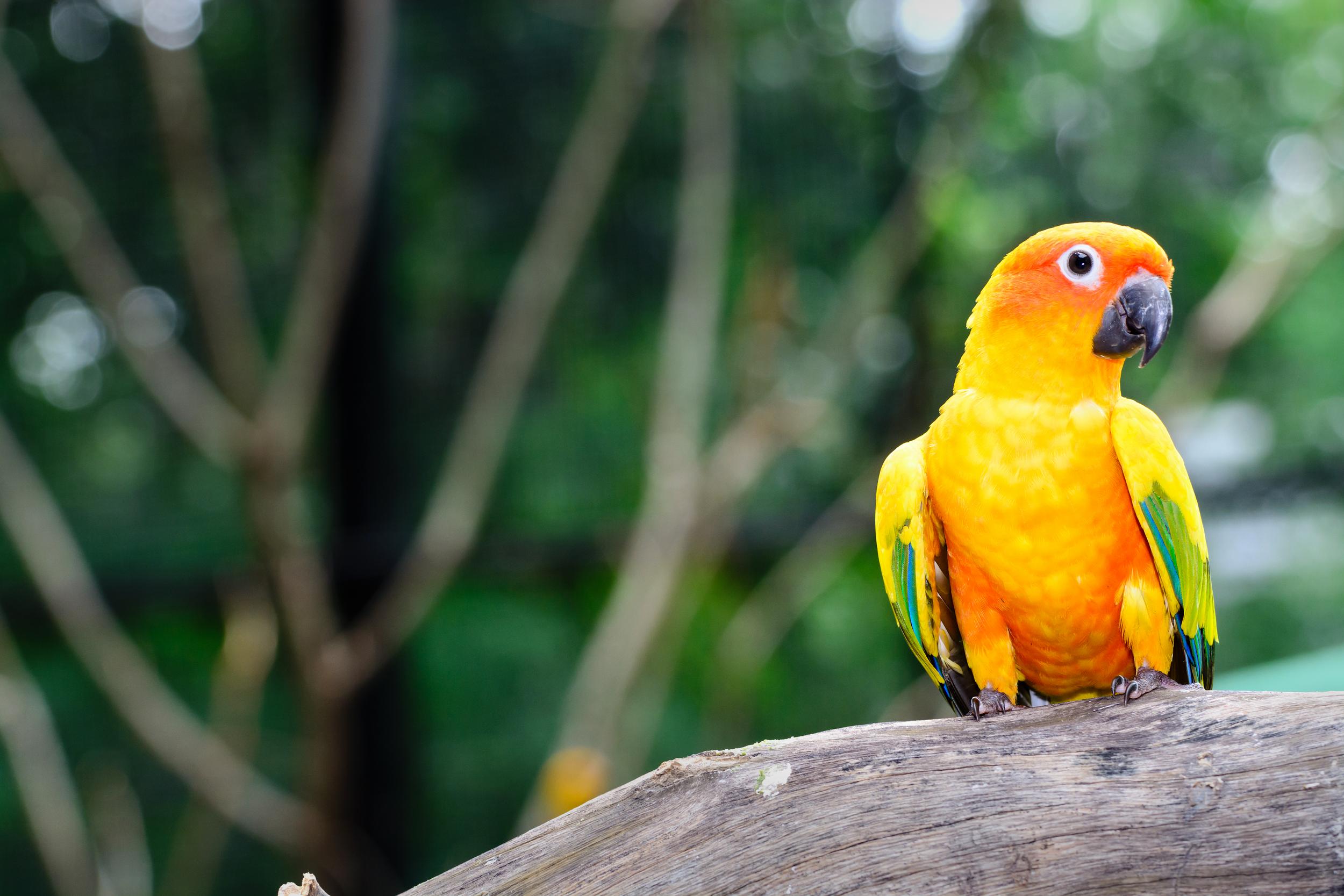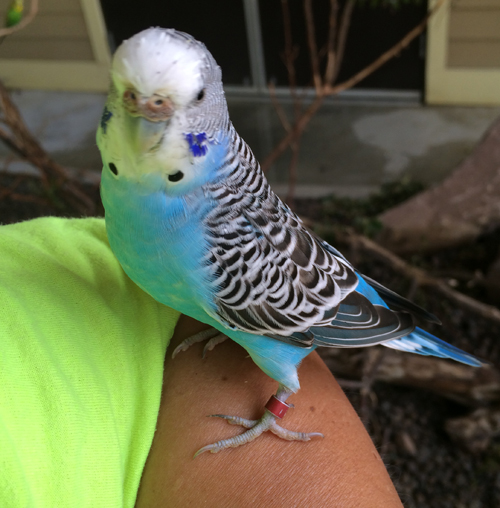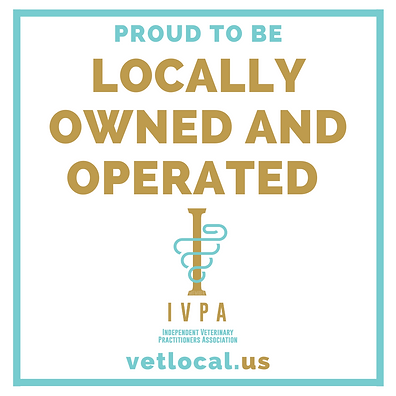|

The AVMA (American Veterinary Medical Association) estimates that birds reside as pets in 4.5 million households. Although not as common as cats or dogs, birds can be a fun, unique and loving pet that will give you many years of companionship. While they are not as popular as dogs and cats, your bird vet in Nashville, Tennessee loves to treat them!
What makes birds good household pets?
Michelle Sathe, DVM, (“Friends of a Different Feather”) indicates that there are many pros to owning birds. If you decide to enjoy a feathered friend, remember to check with your nearby Nashville exotic veterinarian for health recommendations, husbandry guidelines, and wellness checks.
Keep in mind: birds aren't always the first pet that comes to mind for children requesting that perfect pet from their parents, and parents should be wary of letting children handle birds as they are easily injured and do frequently bite. Your bird vet in Nashville, Tennessee can help.
Size
Birds come in many sizes! The size of your new bird should be appropriate in relation to the size of your home, as well as the space you have available for it. You can choose a bird as big as a parrot, or may choose one as small as a canary. Birds have different life expectancies, but typically the larger the bird, the longer it will most likely live. Some large birds in the parrot family have a life expectancy as long as a human!
Maintenance
Just like any other exotic critter, your pet bird will need specific care in order for it to thrive. Just don’t expect to walk it on a leash like your neighbors who have dogs! Your bird will require an appropriately sized cage and space that is free from clutter/debris, feces and garbage. You will need to clean the cage on a regular basis in order to prevent stress or sickness.
Your bird will also have specific nutritional requirements which your exotic bird vet in Nashville, Tennessee can help with. Each bird species has its own special diet and maintenance. It is important to establish a relationship with your local bird veterinarian to have regular wellness checkups, nutrition support, or critical care.

Health
Birds can be vulnerable to different illnesses, viruses or diseases like other pets. Your veterinarian will help you learn how to care for the bird you select.
Remember that larger birds can have longer lives. Dr. Marlene Anschultz, who has experience with treating birds, advises that "small birds are social among each other and are better off in an aviary, so you can get two or three of them and put them in an enclosure. Bigger birds, such as parrots, need constant affection, attention and holding."
She admits that some folks will find birds irritating, disturbing or unpleasant. Birds, like other animals, are sometimes not for certain people. Other owners get enjoyment from birds, and have realized that birds can provide companionship, make you laugh and smile. She says “some birds cackle along with your jokes and make fun of you afterward. They can be real characters!”
Transitioning a Bird into Your Home
When introducing a bird to your household, take time before the transition to prepare for it’s arrival. Use these tips to welcome your new pet and create a good experience for your family. Also, have a good relationship already built with your exotic vet in Antioch, Tennessee.
- Housing should have bars or slats that are half the width of the bird’s head. All of the bars should be parallel, as this will prevent the pet from injuring a foot or wing.
- Pick a location for your bird’s cage before you bring it home. A sunny room where the family spends most of their time is best, such as the living room. Be mindful of drafty windows and air vents, birds like to stay warm.
- Keep the bird’s cage at your own eye level to discourage dominance and encourage obedience.
- Socialization and training are very important so your bird can learn supportive behaviors, and not focus on feather plucking or destroying its cage.
- Provide appropriate toys, treats and food choices for your new bird.
|
.webp)







